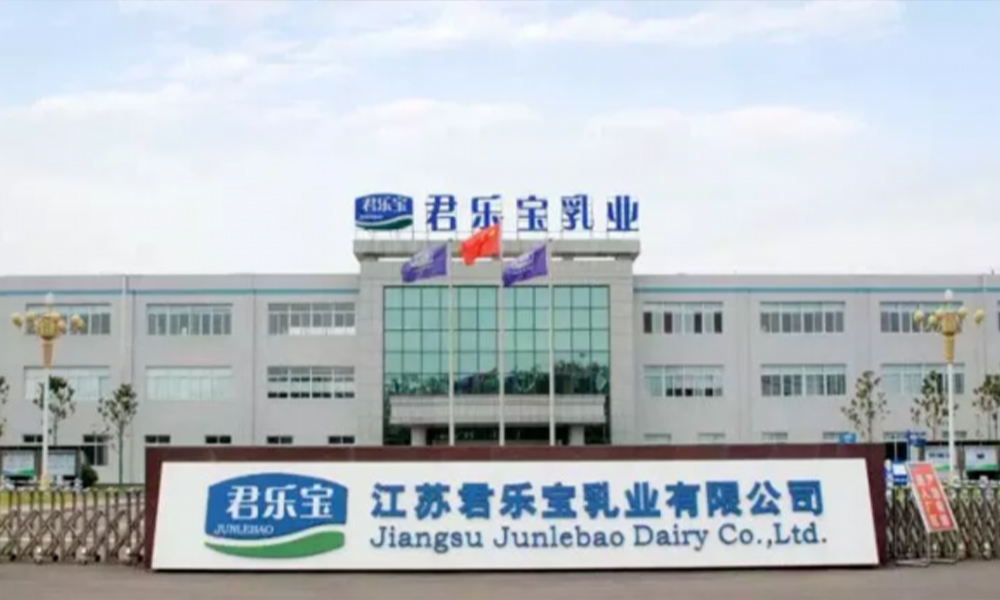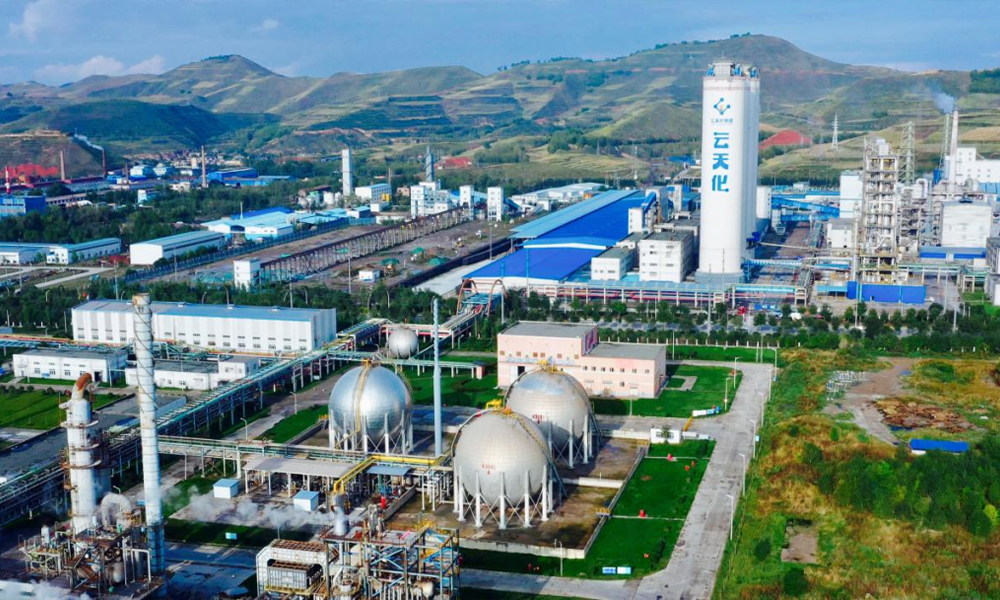Boiler Burner: The Core Equipment for Efficient Energy Conversion
The boiler burner is a key component of the boiler system, responsible for mixing fuel with air and igniting it to provide heat energy for the boiler. Its performance directly affects the boiler's thermal efficiency, operational stability, and environmental emissions. With the growing energy demand and increasing environmental requirements, boiler burner technology is continuously being upgraded.
1. The Role and Importance of Boiler Burners
Fuel combustion
Mix fuel (such as natural gas, diesel, coal powder, etc.) thoroughly with air and ignite it to release heat energy.
Thermal energy supply
Provide a stable heat source for the boiler, used to heat water or generate steam.。
Environmental protection and emission reduction
By optimizing the combustion process, the emission of harmful gases (such as NOx and CO) is reduced to meet environmental protection requirements.
2. Types of Boiler Burners
Classified by fuel type
Gas burner: Suitable for natural gas, liquefied gas, etc., with high combustion efficiency and low pollution.
Fuel burner: Suitable for diesel, heavy oil, etc., with high calorific value, suitable for industrial boilers.
Coal Burner: Suitable for pulverized coal or coal particles, low cost, but less environmentally friendly.
Dual-fuel burner: Can switch between gas and oil, offering high flexibility.
Classified by combustion method
Premixed burner: Fuel and air are mixed in advance, resulting in complete combustion and high efficiency.
Diffusion burner: Fuel and air mix during the combustion process, suitable for high-power boilers.
3. Key Technologies of Boiler Burners
Efficient combustion technology
By optimizing the mixture ratio of fuel and air, complete combustion is achieved, improving thermal efficiency.
Low-nitrogen combustion technology
Use methods such as staged combustion and flue gas recirculation to reduce nitrogen oxide (NOx) emissions.
Intelligent control technology
Equipped with an automated control system that adjusts the fuel amount, air volume, and combustion temperature in real-time to ensure stable operation.
Energy-saving and environmentally friendly technology
Use high-efficiency burners and waste heat recovery systems to reduce energy waste and environmental pollution.
4. Application Areas of Boiler Burners
Industrial boiler
Used in factories, power plants, and other places to provide steam or hot water to meet production needs.
Civilian boiler
Used for heating, hot water supply, etc., to meet the daily needs of residents.
Special boiler
Such as ship boilers, mobile boilers, etc., to meet the energy needs of special scenarios.
5. Selection and Maintenance of Boiler Burners
Key points for selection
Select the appropriate burner based on the type of boiler and fuel characteristics.
Consider combustion efficiency, environmental performance, and operating costs.
Maintenance
Regularly clean the carbon deposits and dust inside the burner to ensure combustion efficiency.
Check the ignition system, fuel supply system, and control system to identify and resolve issues promptly.
6. Future Development Trends
Intelligent
Through the Internet of Things and big data technology, achieve remote monitoring and intelligent regulation of burners.
Clean energy
Develop burners suitable for clean fuels such as hydrogen and biomass to promote the transition to green energy.
Efficient and environmentally friendly
Further reduce emissions, improve combustion efficiency, and meet stricter environmental standards.

近日,加科燃烧器圆满完成江苏君乐宝乳业有限公司2台低氮燃烧器项目的安装与调试工作,为乳业生产的高效、环保运行注入···

近日,加科燃烧器顺利完成对青海云天化国际化肥有限公司2台25吨低氮燃烧器的改造项目,标志着双方在环保与能源效率提升···